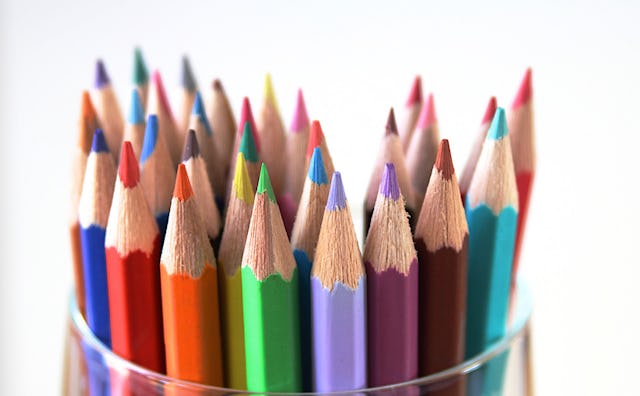To Be Creative, What Are the Best Habits to Follow?

When I tell people that I’ve been working on Better Than Before, my book about habit change, one of the questions that people most often ask me is: “What habits are best for creativity?” They want to know what habits help people think creatively — and also, actually produce.
Often, people make the case for adopting a particular habit by pointing to a renowned figure who practiced that habit, with great success. For instance…
Maybe we should live a life of quiet predictability, like Charles Darwin.
Or maybe we should indulge in boozy revelry, like Toulouse-Lautrec.
Maybe we should wake up early, like Haruki Murakami.
Or maybe we should work late into the night, like Tom Stoppard.
Maybe it’s okay to procrastinate endlessly, like William James.
Or maybe it’s better to work regular hours, like Anthony Trollope.
Should we work in silence, like Gustav Mahler?
Or amidst a bustle of activity, like Jane Austen?
Maybe it’s helpful to drink a lot of alcohol, like Friedrich Schiller.
Or a lot of coffee, like Kierkegaard.
Are we better off producing work for many hours a day, like H. L. Mencken?
Or maybe for just thirty minutes a day, like Gertrude Stein.
The sad fact is, there’s no magic formula, no one-size-fits-all solution—not for ourselves, and not for the people around us.
We won’t make ourselves more creative and productive by copying other people’s habits, even the habits of geniuses; we must know our own nature, and what habits serve us best.
In his fascinating book Daily Rituals: How Artists Work, from which these examples are drawn, Mason Currey exhaustively examines the work habits of 161 writers, composers, artists, scientists, and philosophers.
These examples make one thing perfectly clear about creative habits: while brilliant people vary tremendously in the specific habits they follow, they all know very well what habits work for them, and they go to enormous lengths to maintain those habits.
I used to tell everyone that working slowly and steadily was the best way to produce creative work. Because that’s what works for me.
And I used to encourage everyone to get up early, to work in the morning. Because that’s what works for me.
And I used to say that it was better to work in a reasonably quiet, calm, orderly environment. Because that’s what works for me.
But as I worked on Better Than Before, it became increasingly clear to me that the opposite habits work better for some people.
I’m a Marathoner, but some people are Sprinters.
I’m a Lark, but some people are Owls.
I’m a Simplicity-Lover, but other people are Abundance-Lovers.
We have to think about ourselves. It’s helpful to ask, “When have I worked well in the past? What did my habits look like then – and how can I replicate them?” Maybe you work more creatively with a team – or by yourself. Maybe you need deadlines – or maybe you feel strangled by deadlines. Maybe you like working on several projects at once — or you prefer to focus on one project at a time.
With habits, as with happiness, the secret is to figure out ourselves. When we shape our habits to suit our own natures, our own interests, and our own values, we set ourselves up for success.
This article was originally published on